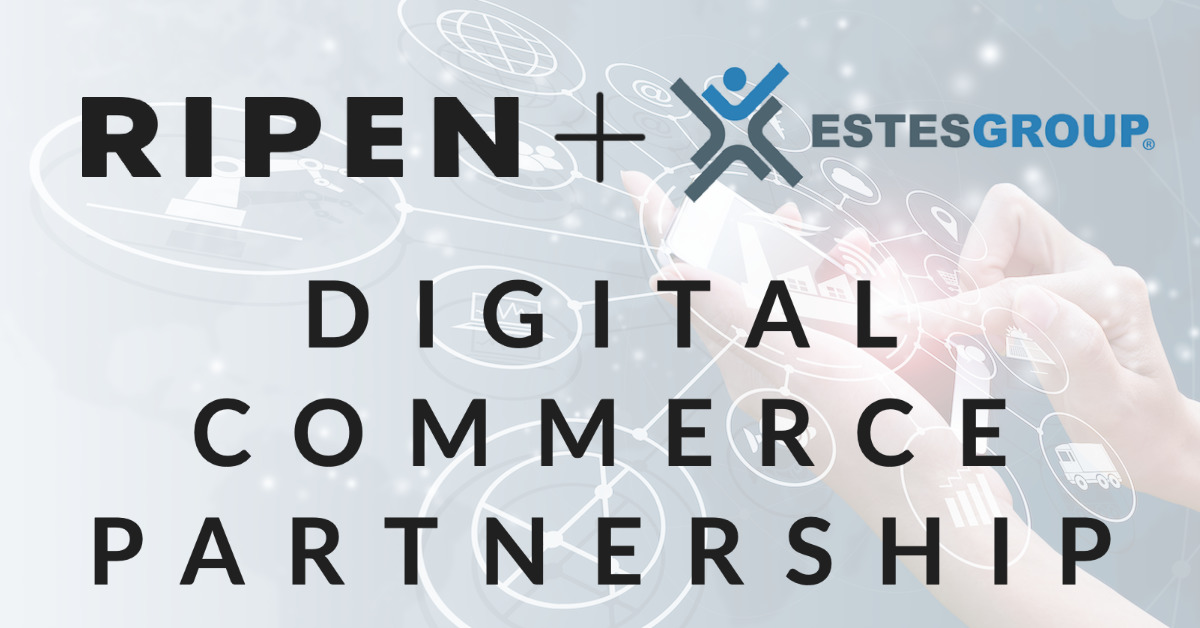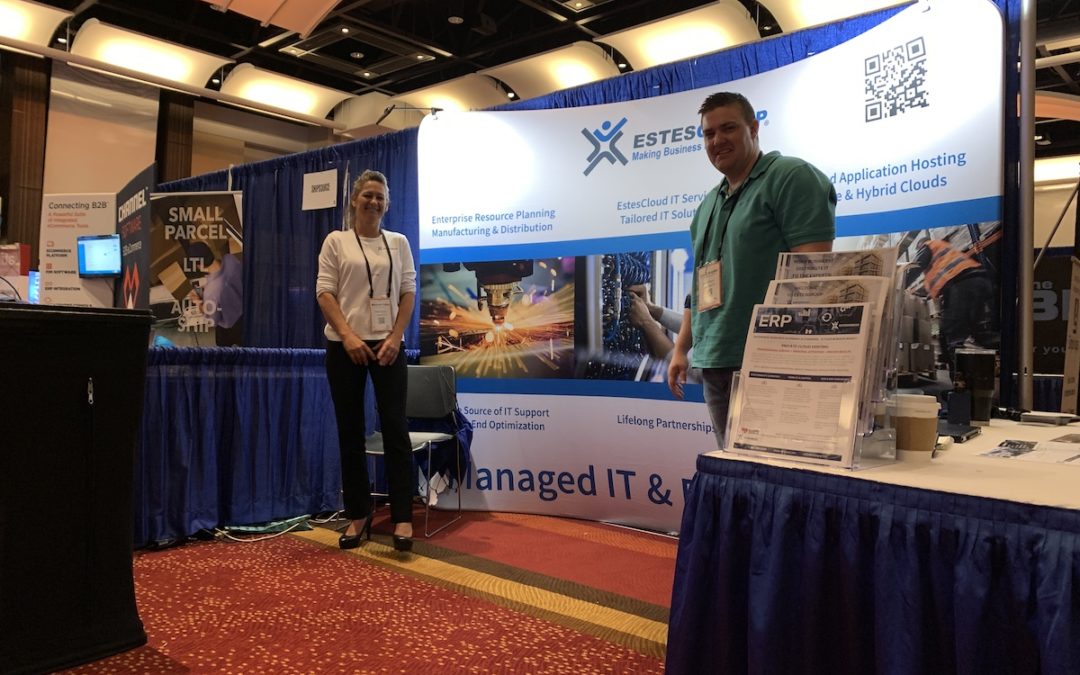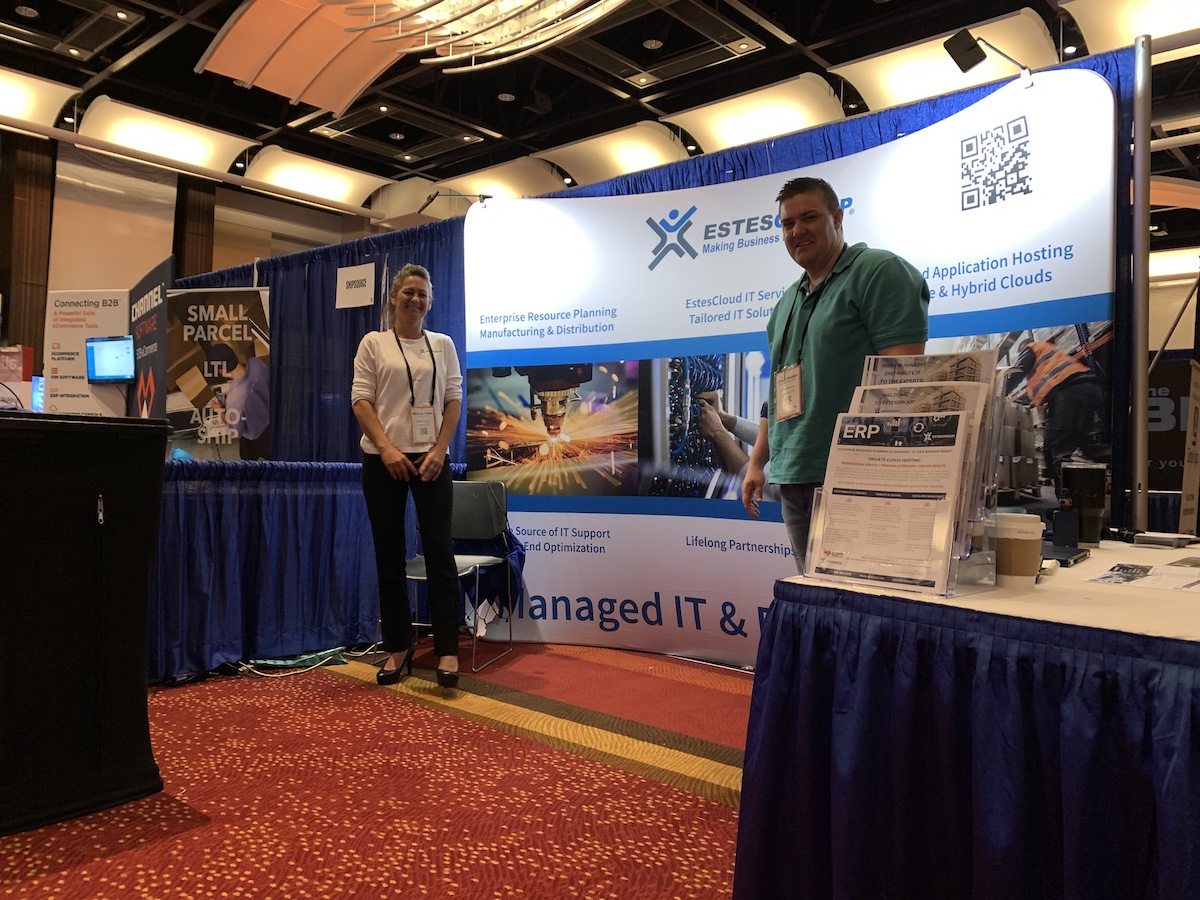
Manufacturing in America, Made in Colorado
Made by Colorado Manufacturers
Like many areas in the US, the Colorado manufacturing scene has been scrambling to adjust to the ongoing movement of the pandemic and its aftershocks. Changes in demand, fluctuations in labor, and radical shifts in supply and availability have resulted in new and unexpected challenges, and manufacturers across the state have, out of necessity, worked to devise clever solutions to a shifting array of problems.

Made at the NOCOM Manufacturing & Trades Show
The NOCOM Manufacturing and Trades Show 2021 conference, coming soon to the Larimer County Fairgrounds in Loveland, exemplifies one such clever strategy, which is actually an old methodology that we sometimes forget we have — in-person, mind-to-mind, heart-to-heart collaboration. It’s this type of energy that has not only kept the manufacturing industry afloat during the pandemic, but also allowed many of us to survive the seemingly endless virtual office hours.
At the recent P21 CONNECT conference, an in-person Epicor Prophet 21 user event, I realized how much I missed the benefits that come from being able to gather under the guise of a common association. There is a surprising amount of value that can be gained by the act of simple collaboration.
There are great benefits to sharing challenges facing one company (or an entire industry), and it often takes a community to surface the steps needed to prevail. Together, companies can work to delineate the quick and effective measures that can be taken and perform the actions required for mitigating risks. In the distribution industry, with community knowledge at the core, Prophet 21 consulting is largely revolving around supply chain issues, cybersecurity threats, and the shift from on-premise servers to cloud-based technology.
As we’ve seen in our preparation for NOCOM 2021, the manufacturing industry is facing similar challenges: supply and demand shifts, ransomware and malware threats, and cloud availability amid outdated technology trends.
So, what is your manufacturing strategy, and how has the pandemic changed community involvement in your business culture?
The sharing of the intellectual property of daily problem solving is something that just didn’t translate into online forums and Zoom calls. As we stagger back into some semblance of “normal” life, we look once again to share the value of in-person business meetings and socialization.
As we’ve faced together more than a year of volatility, we’ve learn that the solutions to problems in one industry might have applicability in another. We’ve learned that our problems may not be things that we have to bear on our own. In manufacturing and distribution, the ability to adapt quickly results in success.
There’s an old saying that goes “you are your friends” or “you are only as good as your friends.” In enterprise resource planning (ERP) consulting, we learn from our friends, so that we can adapt and succeed in our projects.
What can we learn from our friends as the Colorado manufacturing industry reopens?
The “Made in America” movement continues to find new applicability, as companies struggle to supply products locally, products that have been historically outsourced. The reactions are inconsistent — in some commodities, I hear of manufacturers and supply chain companies switch back to offshore supply as soon as it becomes available.
In other cases, I discover commodities that may remain in North America after the dust has settled. Increasingly, I stumble across products that have been crafted in Colorado, products new to the state. Colorado, like the rest of the nation, is learning to make things again, and this is one adaptation that you’ll see in the NOCOM community, whether you’re still following along from your virtual office or attending the in-person event this year.
Next week, EstesGroup will once again be returning to NOCOM in person. While we had fun at the virtual conference last year, we’re looking forward to the friend-to-friend interactions that can only be present while walking together, sharing dinner together, exchanging stories together. Providing cloud and IT services for manufacturers and distributors throughout the pandemic has taught us much about the resolve of the nation as we work with the companies as they reshape themselves to take on the needs of a reopening world.
If you are a manufacturer facing the challenges of reopening in 2021, 2022, and beyond, EstesGroup’s ERP and IT consultants would love to help you understand industry trends. Our team will be at NOCOM 2021 BOOTH 62 on September 23rd, and we’re hoping to see you there!
Are you a manufacturer struggling with cyberthreats? We fully support manufacturers remotely and in person! Our coast-to-coast consultants circle out from our Loveland office, supporting Colorado manufacturing and beyond, even throughout Canada!









